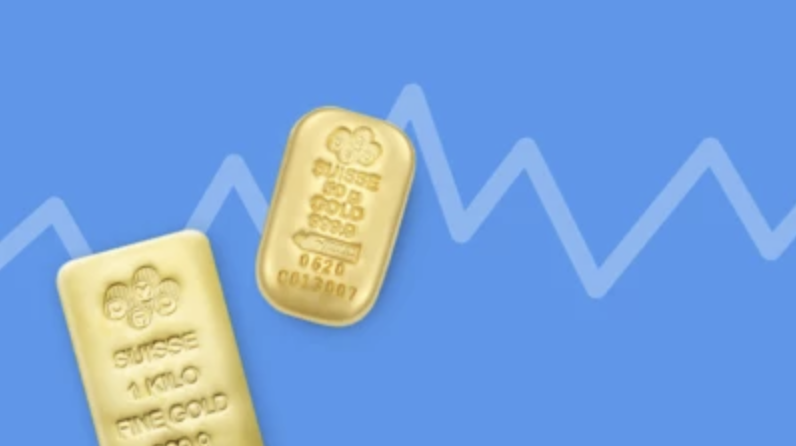Besides the relationship between gold prices and silver prices, the relationship between gold prices and the stock market has also been a major subject of interest among investors. Gold, often considered a safe-haven asset, and stocks, representing ownership in companies, are two contrasting investment options. Understanding the correlation, or lack thereof, between gold prices and the stock market can provide valuable insights for those of us seeking to diversify our portfolios and manage risk effectively.
Historically, gold and stocks have exhibited a negative correlation, meaning they tend to move in opposite directions. When the stock market experiences volatility or a downturn, investors often seek refuge in gold as a hedge against economic uncertainty. Conversely, during periods of robust economic growth and rising stock prices, the demand for gold may decrease, leading to a potential decline in its price.
The correlation between gold prices and stock markets tend to be negative due to several key factors.
- Economic Conditions: The correlation between gold prices and the stock market is influenced by prevailing economic conditions. In times of economic stability and positive investor sentiment, the demand for stocks tends to increase, driving stock prices higher. Simultaneously, the allure of gold as a safe-haven asset may diminish, resulting in lower gold prices. Conversely, during economic downturns or financial crises, investors flock to gold, driving its price up while stock markets experience declines.
- Risk Appetite: Speaking of investor sentiment, we should also understand that perceived risk is also another factor in this. As investor sentiment goes through the roof, their appetite for risk-on assets such as equities increases. As the amount of money investors have is finite, the funds will be shifted from gold, which is a risk-off asset, to equities.
While a negative correlation between gold prices and the stock market is often observed, there are exceptions and instances where this relationship may weaken or diverge. Some factors to consider include:
- Global Economic Factors: In a globalized economy, the stock market can be influenced by various factors, including geopolitical events, trade tensions, and global economic trends. These factors can create divergences between gold prices and stock market performance, as investors may seek gold as a safe-haven asset irrespective of stock market conditions.
- Inflation and Monetary Policy: Gold is often perceived as a hedge against inflation, as its value is not directly tied to fiat currencies. When inflationary pressures rise, investors may turn to gold as a store of value, leading to an increase in its price. Conversely, during periods of low inflation or deflation, the demand for gold may decline, potentially impacting its price. Stock markets, on the other hand, can be influenced by central bank policies and interest rates, which may not necessarily align with gold price movements.
The correlation between gold prices and the stock market is not fixed and can vary depending on prevailing economic conditions, investor sentiment, and global factors. While a historical negative correlation is often observed, we as investors should not solely rely on this relationship for investment decisions. It is crucial to conduct thorough research, consider a diversified portfolio, and seek professional advice tailored to individual investment goals and risk tolerance.
Diversification remains a key strategy for managing risk, and incorporating both gold and stocks in a portfolio can provide potential benefits. By understanding the dynamics of both markets and staying informed about economic trends, we can make more informed decisions when it comes to balancing their investments in gold and stocks.
#gold #stockmarket
